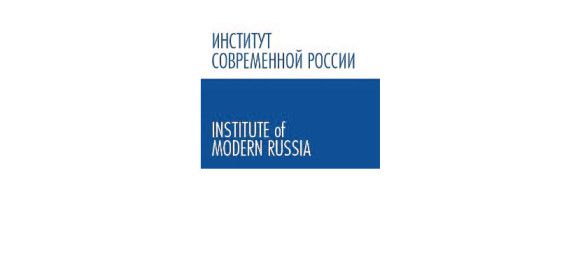Section: Institute of Modern Russia (USA)
From Chechnya to Ukraine
December 11 marked the twentieth anniversary of the First Chechen War, which largely defined modern Russia’s path of development. According to writer Alexander Podrabinek, that war was caused by the same factor that led to today’s Ukrainian conflict: the conviction of those raised by the Communist nomenklatura and the KGB that laws...
The End of the Line for South Stream
On December 1, during his state visit to Turkey, Vladimir Putin announced that Russia would cancel the construction of the ambitious South Stream pipeline. According to Donald Jensen, resident fellow at the Center for Transatlantic Relations, this decision does not mean an end to Moscow’s search for ways to transport natural gas to Europe...
Putin Gets a Cold Reception at the G20
The war in Ukraine was not formally on the agenda at the recent G20 meeting in Australia, but in one-on-one meetings, Russian president Vladimir Putin faced sharp criticism from Western leaders over Russia’s military adventures in Ukraine. Nevertheless, according to Donald Jensen, resident fellow at the Center for Transatlantic Relations,...
Republican Congress to Push Harder Russia Line
On November 4 the Republican Party won control of the U.S. Senate, gaining the majority in both houses of Congress. According to Donald Jensen, resident fellow at the Center for Transatlantic Relations, Republican leaders are now likely to apply greater pressure to president Barack Obama to take a tougher stance on Russia and provide weapons to...
Toomas Hendrik Ilves: “As soon as Russia becomes a democratic country, its best relationship will be with Estonia”
The recent dispute between Russia and Estonia over potential Estonian espionage has heightened tensions in the two countries’ relationship. It has also fueled public fears that Russia will annex Narva, a predominantly Russian-speaking border city of Estonia. However, Estonian president Toomas Hendrik Ilves believes that Vladimir Putin will...
Are the Kremlin Hardliners Winning?
The Ukraine crisis has caused a shift in the balance of power within the Russian political elite. The so-called siloviki, or hardliners, are strongly in ascendance, but not completely triumphant. Donald N. Jensen, resident fellow at the Center for Transatlantic Relations, reflects on Russia’s current political landscape. …read more...
Ghost Soldiers from Russia
Despite a plethora of irrefutable evidence, Russian president Vladimir Putin continues his steadfast denial of Russia’s military presence in Ukraine. According to writer Alexander Podrabinek, only those interested in propaganda and not facts are capable of disregarding such a cynical lie. …read more Source: Institute of Modern...
The Fear of Responsibility
On September 8, 2014, the preliminary results of the investigation into the recent crash of a Malaysia Airlines Boeing 777 over Donetsk, Ukraine, were published by the Netherlands commission assembled for the task. Moscow-based journalist Olga Melnikova comments on Russia’s reactions to the findings. …read more Source: Institute of...
The Premonition of War
In late August, Russian troops as good as started the invasion of the Ukrainian territory. Despite the Russians’ drastic escalation of the military conflict, the West has remained neutral with regard to Vladimir Putin’s aggressive policy. According to writer Alexander Podrabinek, the sooner Western leaders realize that this position...



